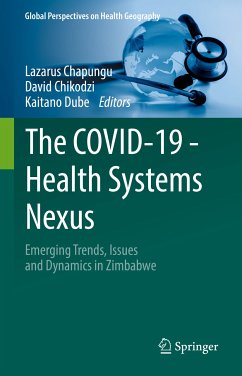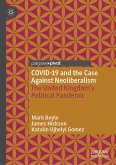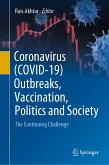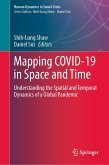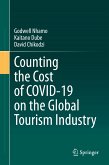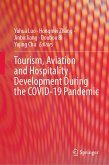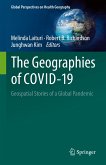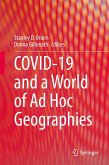This contributed volume presents a collection of empirical studies examining how the COVID-19 pandemic interacted with and impacted Zimbabwe's health sector. Zimbabwe was hit particularly hard by the pandemic, with a case fatality ratio that fluctuated but reached as high as 9.90% in late June, 2021. COVID-19 exposed and highlighted a plethora of structural weaknesses in the country, including an incapacitated health management system. The studies presented in the book show that the pandemic disrupted the preventative, curative and rehabilitative services within Zimbabwe's health sector. This has impacted and will likely continue to impact population health outcomes and further exacerbate the issues that previously existed in a very fragile healthcare system that was struggling to cope with its disease burden even before the pandemic.
The book contributes to an emerging literature profiling how health systems manage (or fail to manage) global pandemics. It aims to be a distinctive source of information toward the implementation of practical solutions to problems associated with COVID-19. The volume takes a multidisciplinary approach toward practical, policy-oriented strategies to tackle the pandemic and confront our "new normal." The studies presented here will be useful to anyone interested in the mitigation, containment and ultimately preemption of the emergence of future pandemics.
Dieser Download kann aus rechtlichen Gründen nur mit Rechnungsadresse in A, B, BG, CY, CZ, D, DK, EW, E, FIN, F, GR, HR, H, IRL, I, LT, L, LR, M, NL, PL, P, R, S, SLO, SK ausgeliefert werden.

